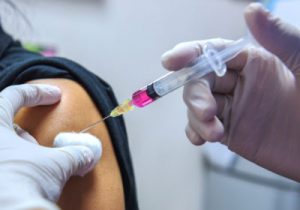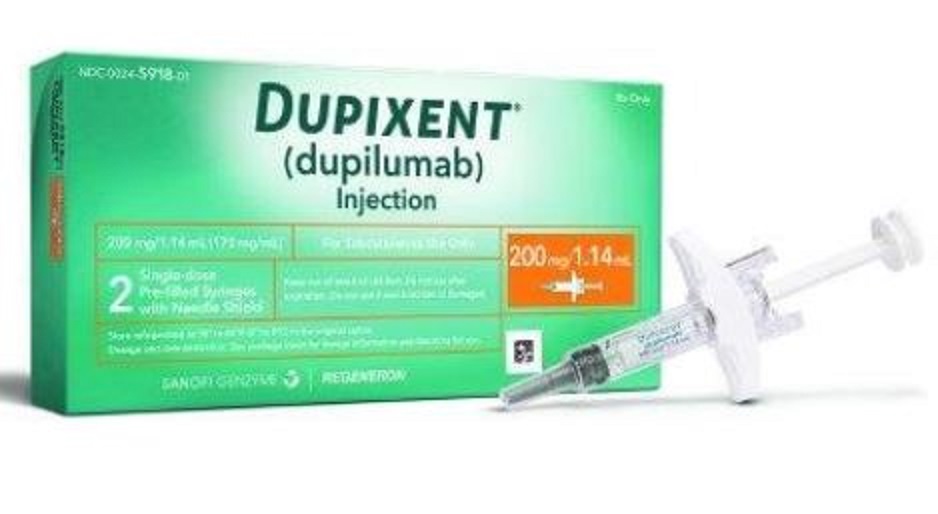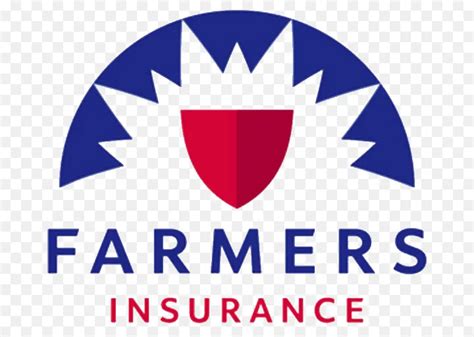Shingles Vaccine Lawsuit Alleges Injection Caused Outbreak It Was Supposed To Prevent Featured

Merck & Co. continues to face a growing number of lawsuits filed by individuals nationwide who say they suffered shingles outbreaks after receiving a vaccine injection, which included a version of the live virus that was not sufficiently weakened to avoid causing the very injury it was intended to prevent.
In complaint (PDF) filed this week in the U.S. District Court for the Eastern District of Pennsylvania, Alma Rebecca Fuller indicates she received a Zostavax vaccine in 2015, which was supposed to provide long-term prevention of shingles. However, following the injection, she indicates the vaccine actually caused her to develop shingles.
Zostavax was introduced in 2006, as the first shingles vaccine, involving a single-dose injection that contains a live virus designed to vaccinate older adults against the development of the disease. However, the vaccine has largely been abandoned by the medical community after it was linked to a large number of reports involving severe complications, where it may have caused individuals experienced more persistent shingles outbreaks, as well as other infections and auto-immune disorders, shortly after exposure to Zostavax.
“Zostavax was manufactured or designed such that it unreasonably increased the risk of contracting an infection from the vaccine,” the lawsuit states. “Reasonably prudent manufacturers and distributors would not have placed the product in the stream of commerce with knowledge of these design flaws.”
The complaint joins hundreds of other shingles vaccine lawsuits being pursued against Merck throughout the U.S. Court System, each raising similar allegations that individuals suffered painful and debilitating injuries that may have been avoided if the Zostavax vaccine were not administered, or if a safer alternative design had been used that did not feature a live-virus.
Given similar questions of fact and law raised in shingles vaccine lawsuits filed throughout the federal court system, the litigation has been centralized before U.S. District Judge Harvey Bartle III in the Eastern District of Pennsylvania, for coordinated discovery and pretrial proceedings.
As part of the coordinated litigation, Judge Bartle has scheduled a series of early “bellwether” trials, which are designed to help gauge how juries may respond to certain evidence and testimony that may be repeated throughout the claims. However, if Merck fails to reach Zostavax settlements or another resolution for the litigation, each individual lawsuit may eventually be remanded back to different U.S. District courts nationwide for separate trial dates in the future.









